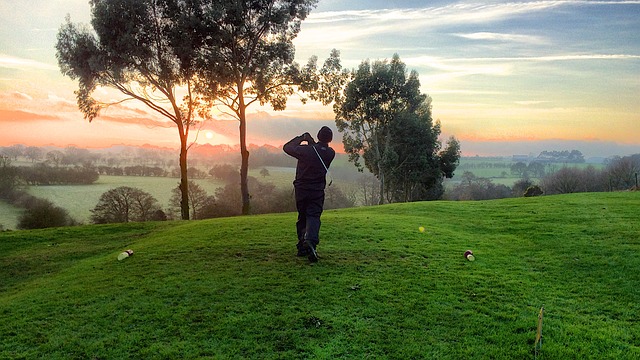In some situations, don’t pay so much attention
.
Before you read the text Sometimes Mindlessness Is Better Than Mindfulness, replace the words in italics with the words in bold below.
cultivate anxiety multiple merits
fade mindfulness persistent attempted
1.Diligence may indeed have psychological benefits. Earlier this year, a synthesis of randomized controlled trials revealed that mindfulnes-based interventions had small to moderate benefits for a number of health outcomes, including stress, 2. apprehension and depression. That said, the effects of mindfulness were smaller and less 3. persistent when compared with those of other therapies, and some effects appeared to 4. disappear months after the intervention. Taken together, the results suggest that mindfulness-based interventions may be better than nothing for some outcomes but that more research is needed to compare mindfulness with other therapies.
One thing the mindfulness-based interventions had in common is that they all 5. sought to 6. propagate focus on the present moment via 7. manifold sessions of meditation practice.
Although mindfulness has its 8. benefits, psychological research has also 9. exposed that in some 10. situations it’s important to be mindless. That is, as we develop skill in complex tasks, we can perform them with increasing facility until attention seems to be unnecessary. Everyday examples range from riding a bike to chopping cucumbers to brushing your teeth.
Now read and check:
https://www.scientificamerican.com/article/sometimes-mindlessness-is-better-than-mindfulness
Key: 1mindfulness; 2. anxiety; 3. consistent; 4. fade; 5. attempted 6. cultivate; 7. multiple; 8. merits; 9. revealed; 10. circumstances
Watch the first four minutes of the video.
Then fill in the video extracts with the following prepositions or adverbs below. You’ll need to use some of them more than once.
to away in through on upon
along with off at after out up
We’re talking about our mind. The mind, our most valuable and precious resource, 1. …… which we experience every single moment of our life. The mind that we rely 2. ……. to be happy, content, emotionally stable as individuals, and at the same time, to be kind and thoughtful and considerate in our relationships 3. ……. others. This is the same mind that we depend upon to be focused, creative, spontaneous, and to perform 4. ……. our very best 5. …….. everything that we do. And yet, we don’t take any time out to look 6. …… it. In fact, we spend more time looking our cars, our clothes, etc. The result is that we get stressed. The mind whizzes 7. ….. like a washing machine going round and round, lots of difficult, confusing emotions. And the sad fact is that we are so distracted that we’re no longer present in the world in which we live. We miss 8. …… on the things that are most important 9. ….. us, and the crazy thing is that everybody just assumes that, that’s the way life is, so we’ve just kind of got to get 10. ….. with it. That’s really not how it has to be. I was about 11 when I went 11. …… to my first meditation class. When I was about 20, a number of things happened in my life in quick succession. All of a sudden, I was inundated with thoughts, difficult emotions that I didn’t know how to cope 12. …. . Every time I pushed one down, another one would pop back 13. ……again. (…) My way of dealing with it was to become a monk. So I quit my degree, I headed 14. ……to the Himalayas, I became a monk.
Key: 1. through; 2. upon; 3. with; 4. at; 5. in; 6. after; 7. away; 8. out; 9. to; 10. on; 11. along; 12. with; 13. up; 14. off
Discuss:
- Have you ever tried to meditate?
- How do you think meditation works?
- What do you think people think about when they meditate?
- How is it different from other relaxation techniques?
Explore it more to create your own teaching-learning experience!
Neuroscience Finds This Seemingly Mindless Exercise Sharpens Your Brain
Examining brain activity in runners vs. non-runners reveals surprising results.
Read:
(2207)





